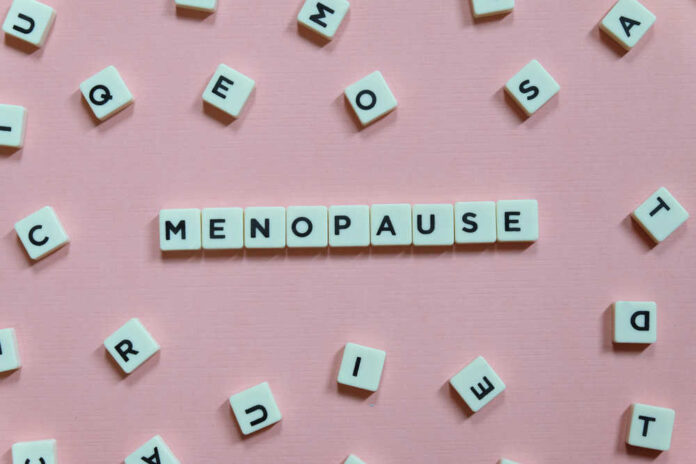
During the transition to menopause, many women experience changes in their mood, energy levels, and libido.
Unfortunately, some women also report experiencing memory problems and difficulty concentrating.
While menopause and memory loss isn’t fully understood, there are a few possible explanations.
Potential Causes of Menopause-Related Memory Loss
The fluctuations in hormones that occur during menopause can affect many different systems in the body, including the brain.
Estrogen plays a role in regulating neurotransmitters, which are the chemicals that transmit signals between brain cells. Estrogen also has widespread effects throughout the brain and neural tissues, especially in the hippocampus – the part of the brain associated with learning and memory.
As estrogen levels decline during menopause, it’s thought that this can lead to changes in brain and neurotransmitter function, which may contribute to memory problems.
Additionally, the menopause transition may indirectly impact memory and cognitive performance by causing sleep problems increased stress, depression, and anxiety, all linked to impaired memory and cognitive function.
When Memory Loss Becomes A Serious Problem
The stage of life associated with menopause is also when Alzheimer’s disease and other forms of dementia become more common.
If you’re experiencing memory loss that interferes with your daily life, it’s important to see a doctor as soon as possible to test for these conditions.
Warning signs include:
- Difficulty remembering recent events or conversations
- Getting lost in familiar places
- Repeating yourself often
- Unable to understand or follow instructions
- Neglecting hygiene and important responsibilities
- Significant changes in mood or personality
These are not a normal part of aging or menopause and can indicate a more serious problem.
How To Protect Your Memory During Menopause
Help protect your mind and memory through your menopausal years using these tips:
- Get regular exercise – Physical activity has been shown to improve brain function and protect against cognitive decline.
- Eat a healthy diet – A diet rich in fruits, vegetables, and healthy fats has been linked to better cognitive function.
- Manage stress – Stress can lead to inflammation and damage to brain cells. Try some stress-relieving techniques like yoga, meditation, or creative art.
- Get enough sleep – Sleep is essential for brain health. Make sure you’re getting enough restful sleep every night.
If you’re concerned about memory loss or changes in your thinking, talk to your doctor. They can help you rule out any underlying health conditions and offer tips on protecting your memory in your later years.






















